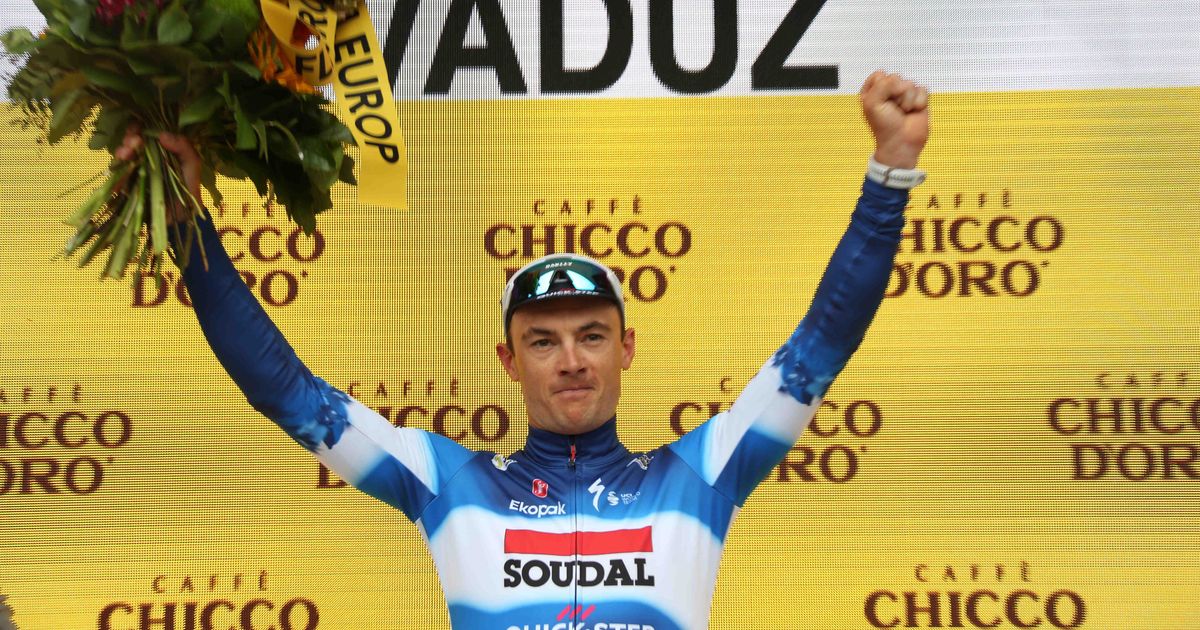Nutrition, Lampaert says, is another area that has completely changed. Reflecting on his 2014 victory at the Arnhem–Veenendaal Classic, he recalled how little attention was paid to diet in his early days. “Now every team travels with their own chef and food is weighed. But at Topsport Vlaanderen [his team that year], we still just ate the hotel menu.”
And the next day, he paid the price. “During the race, I had stomach problems. Back then, no one really talked about nutrition, except that you should eat one energy bar and one gel per hour. When I woke up the next day, I had stomach pain from all that cream. After one hour of racing, I dropped back to the team car and told our director Hans De Clercq: ‘My stomach is completely blocked. You can’t count on me today.’”
De Clercq’s response was blunt and unforgettable. “He said: ‘Let a few farts out and it will get better.’” Lampaert followed the advice quite literally, and he does not seem to regret. “I did as he said and let go… It actually helped. I won solo, it was my first professional victory.”
“The cleanest period of cycling”
In Forza Lampaert, the rider avoids discussing doping scandals directly, but he insists his career has taken place in an era defined by strict control and transparency.
“I’ve always been part of teams that win a lot but enforce zero tolerance,” he explained. “When I became a professional, the biological passport and no-needle policy were already in place. I am convinced that I’m living through the cleanest period of cycling. You can see that in the level of performance.”
He also described how results today depend more on form and physical condition than on anything else. “When I had a good day, I could compete for victory. When I felt less good, I couldn’t. That’s logical. There have been performances where people thought, ‘how is that possible?’ But I think — maybe naïvely — that it’s just a fantastic athlete on a fantastic day.”

